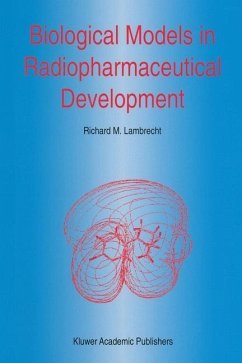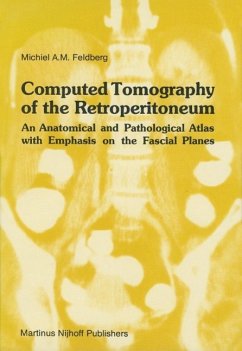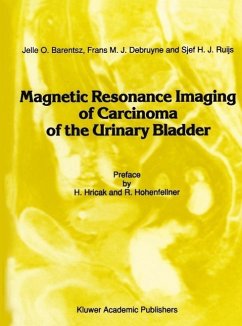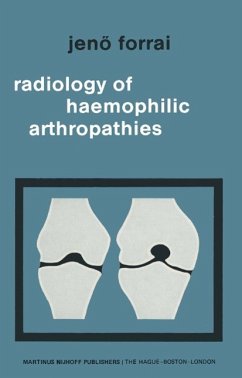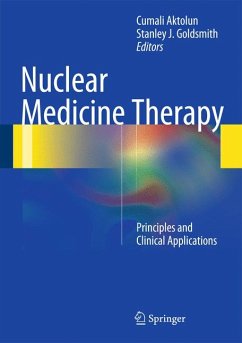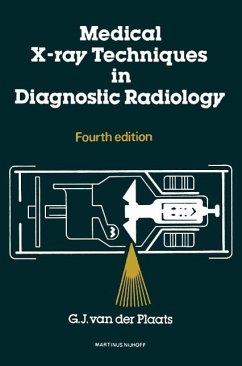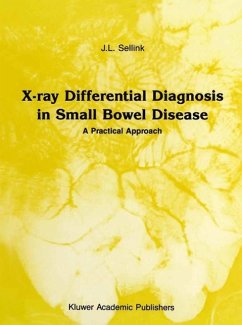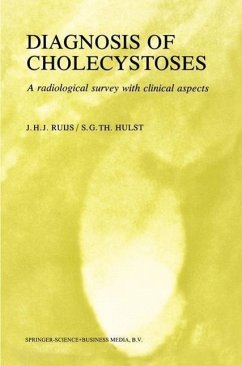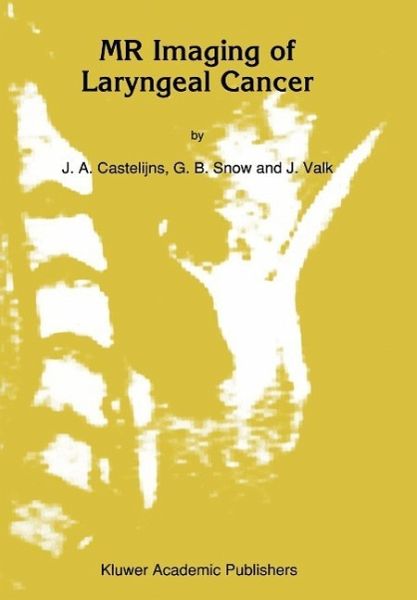
MR Imaging of Laryngeal Cancer (eBook, PDF)
Versandkostenfrei!
Sofort per Download lieferbar
72,95 €
inkl. MwSt.
Weitere Ausgaben:

PAYBACK Punkte
36 °P sammeln!
MRI is assuming a dominant role in imaging of the larynx. Its superior soft tissue contrast resolution makes it ideal for differentiating invasion of tumors of the larynx from normal or more sharply circumscribed configuration of most of the benign lesions. Over ten years ago CT made a major impact on laryngeal examination because it was the first time that Radiologists were beginning to look at submucosal disease. All of the previous examinations duplicated the infor mation that was available to the clinician via direct and in-direct laryngo scopy. With the advent of rigid and flexible endosc...
MRI is assuming a dominant role in imaging of the larynx. Its superior soft tissue contrast resolution makes it ideal for differentiating invasion of tumors of the larynx from normal or more sharply circumscribed configuration of most of the benign lesions. Over ten years ago CT made a major impact on laryngeal examination because it was the first time that Radiologists were beginning to look at submucosal disease. All of the previous examinations duplicated the infor mation that was available to the clinician via direct and in-direct laryngo scopy. With the advent of rigid and flexible endoscopes, clinical examination became sufficiently precise that there was little need to perform studies such as laryngography which merely showed surface anatomy. The status of deep structures by these techniques was implied based on function. Fortunately laryngography is now behind us together with all of the gagging and contrast reactions which we would all like to forget. CT is still an excellent method of examining the larynx but it is unfortunately limited to the axial plane. With presently available CT techniques motion deteriorates any reformatting in sagittal or coronal projections. The latter two planes are extremely helpful in delineating the vertical extent of submucosal spreads. MRI has proven extremely valuable by producing all three basic projections, plus superior soft tissue contrast. Although motion artifacts still degrade the images in some patients, newer pulsing sequences that permit faster scanning are elimi nating most of these problems.
Dieser Download kann aus rechtlichen Gründen nur mit Rechnungsadresse in A, B, BG, CY, CZ, D, DK, EW, E, FIN, F, GR, HR, H, IRL, I, LT, L, LR, M, NL, PL, P, R, S, SLO, SK ausgeliefert werden.



